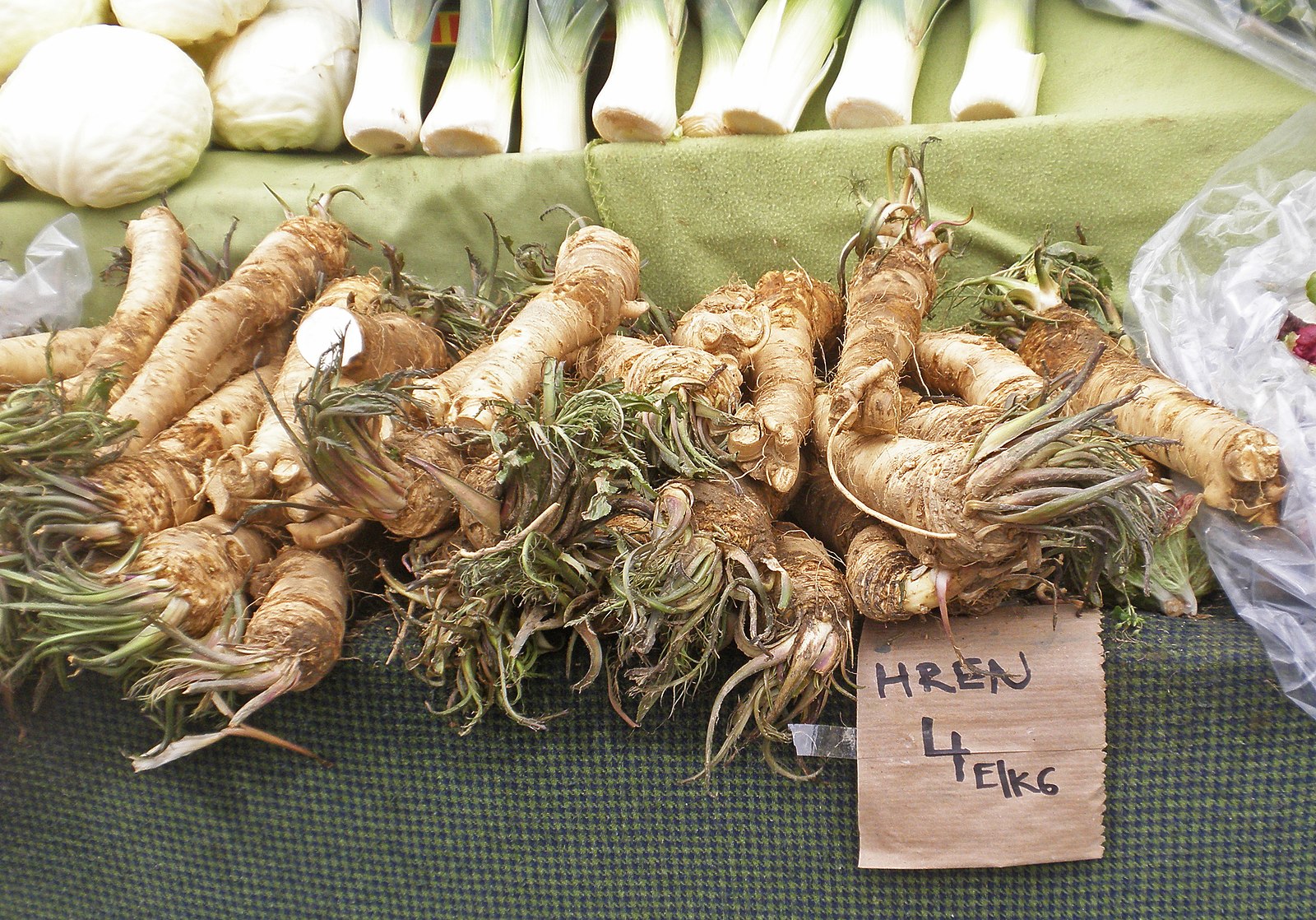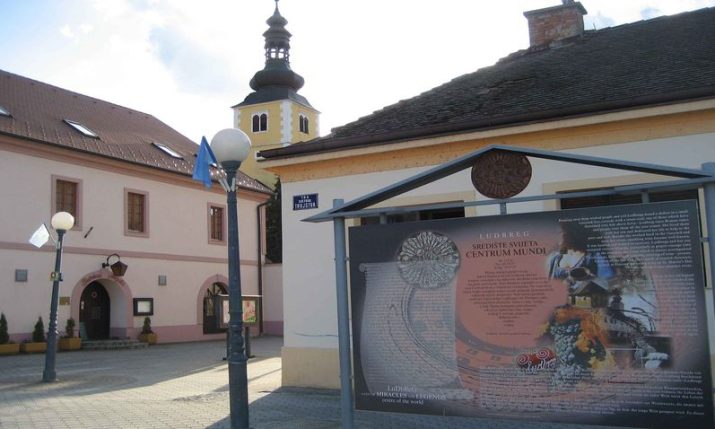Horseradish from Croatian town gets European protection status
- by croatiaweek
- in Food & Wine
Horseradish from the Croatian town of Ludbreg has been granted the European Protected Designation of Origin label, Croatia’s Ministry of Agriculture said in a statement on Wednesday.
The European Commission announced the news in the Official Journal of the European Union on April 3, 2024.
This designation means that the product name is now registered in the register of protected designations of origin and protected geographical indications and is safeguarded throughout the European Union.
The EU label for protected designations of origin or protected geographical indications, found on the packaging, assures consumers of purchasing an authentic product.
The process to protect the name “Ludbreg Horseradish” was initiated by the “EUVITA” Cluster for Rural Development and Entrepreneurship from Varaždin, which submitted an application to the Ministry of Agriculture for the protection of the geographical indication under the name “Ludbreg Horseradish.”
“Ludbreg Horseradish” is the root of a vegetable culture obtained through the cultivation of the wild plant horseradish (Armoracia rusticana P. Gaertn., B. Mey. et Schreb.), which, as an indigenous species and a protected variety, grows exclusively in the Varaždin County region.
The root of “Ludbreg Horseradish” represents the underground part of the plant, often branched, cylindrical, thickened, and fleshy, with a recognisable and regular, slightly conical shape of circular cross-section. It is characterised by its pungency, sharpness, and refreshing taste and is consumed as a fresh product, primarily as a side dish and addition to dishes.
Alongside the natural characteristics of the production area, human factors are crucial for the production of “Ludbreg Horseradish,” involving traditional planting methods and knowledge of horseradish cultivation techniques, which are essential for maintaining the characteristics of the protected variety.
The skill in cultivating “Ludbreg Horseradish” is important from seedling preparation to root processing for the market, including the plant’s processing during vegetation and recognising the optimal degree of maturity to obtain the root with recognisable shape and sensory properties.
The product specification for “Ludbreg Horseradish” can be viewed here.
Croatia now has 48 products whose names are registered in the European Union as protected designations of origin or protected geographical indications, listed in the register for agricultural and food products. Alongside the newly registered name “Ludbreg Horseradish,” other registered product names include: Samobor Bermet, Krk Pršut, Extra Virgin Olive Oil Cres, Neretva Mandarin, Ogulin Sauerkraut, Baranja Sausage, Lika Potato, Istrian Pršut, Drniš Pršut, Dalmatian Pršut, Poljički Soparnik, Zagorje Turkey, Krk Olive Oil, Korčula Olive Oil, Pag Lamb, Šolta Olive Oil, Varaždin Cabbage, Slavonian Sausage, Međimurje Meat, Slavonian Honey, Lika Lamb, Istrian Salt, Zagorje Flatbread, Pag Cheese, Bjelovar Kvargl, Brač Varenik, Varaždin Klipić, Ston Oyster, Rudarska Greblica, Dalmatian Pečenica, Dalmatian Pancetta, Lika Cheese, Brač Olive Oil, Zagorje Honey, Zagorje Dumplings, Istrian Boskarin Beef, Samobor Sausage, Lumbaria, Gorski Honeydew, Dalmatian Lamb, Slavonian Sausage, Komiža Carob, Novigrad Mussel, Varaždin Pumpkin Seed Oil, Turopolje Pork, and Black Slavonian Pig Meat.


